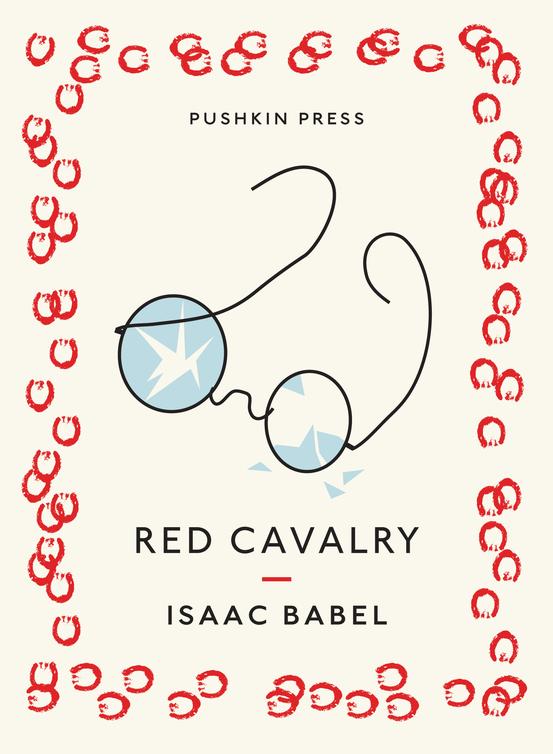
Red Cavalry
کتاب های مرتبط
- اطلاعات
- نقد و بررسی
- دیدگاه کاربران
نقد و بررسی

March 2, 2015
The stories in this classic collection are set in the summer of 1920, when Babel was 25 and sent to cover the Polish-Soviet War for the Red Cavalryman newspaper. Sympathetic to the revolution yet having a satiric eye, he describes the newspaperâs writers who âroam about in the barren dust of the rear and spread the riot and fire of their leaflets.â Babel was a Jew assigned to a Cossack regiment; his stand-in first-person narrator overcomes the soldiersâ animosity when, in the story âMy First Goose,â he breaks a fowlâs neck and orders it to be roasted up. In âThe Story of a Horseâ and âThe Story of a Horse, Continued,â a dispute between a squadron commander and a division commander over a horse produces an exchange of letters full of heartfelt (though jargony) prose and brutal honestyâthe commanders have more of an emotional connection to the horses than to other people. Casual violence (â grabbed her hair, bent back her head and smashed her face with his fistâ) alternates with beauty, sometimes in the same sentence (âWe fled without staining our swords crimson with the wretched blood of traitorsâ). The stories, which are often not much more than anecdotes, mostly focus on characters like Apolek, an itinerant painter; squadron commander Trunov; and a rabbi in Zhitomir, as well as the occasional flashes of battle. This translation is of the first 1926 edition, before censorship and the authorâs own revisions altered the text.

Starred review from March 15, 2015
A classic series of wartime sketches in a translation that emphasizes their lyricism and dark comedy. Babel (1894-1940) first published this collection in 1926, after serving as a journalist in the Russian army during the Polish-Soviet War of 1920. It is an unvarnished vision of the ugliness of war, and his anti-propagandistic candor as a writer would ultimately lead to his death in Stalin's purges. If literary immortality is small consolation, there's no denying these stories' enduring power. The first story, "Crossing the Zbrucz," features its soldier narrator looking for a moment's rest in a house before realizing the man sleeping beside him is dead, "[h]is gullet...ripped out, his face...hacked in two." "Salt," one of the collection's most emotionally brutalizing tales, is styled as a letter to the editor from a Cossack soldier, boastfully recalling how he cruelly dealt with a woman who pleaded for safety on their train by pretending the bag of salt in her arms was a baby; in little more than five pages Babel manages nuanced symbolism, a voice of callous inhumanity, and a grotesque vision of herd mentality. Translator Dralyuk writes in the foreword about his interest in emphasizing Babel's poetic style, which emerges clearly in "My First Goose," about a soldier effortfully trying to put Lenin's words into a shallow act of violence, observing how "my heart, crimson with murder, creaked and bled." Though the stories are brief and deliver a clear message about the frustrations of battle, Babel's rhetoric is never plainly parable- or fablelike; he uses a blunt realism to sketch out scenes that can have a variety of resonances. Writing about war has changed with the times, but war hasn't, and these stories from nearly a century ago remain grimly current. Short but emotionally deep studies of life during wartime.

























دیدگاه کاربران